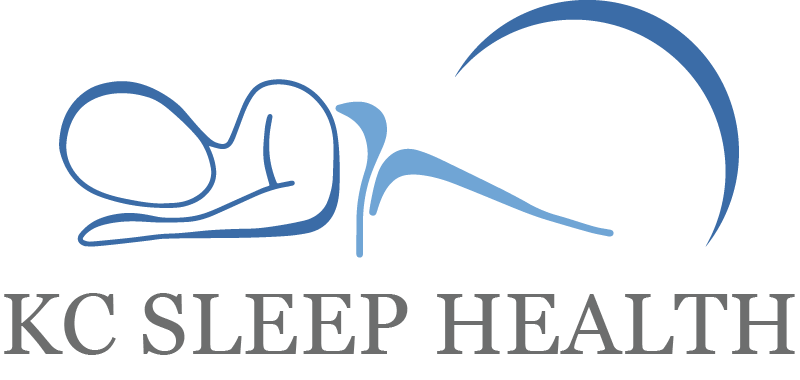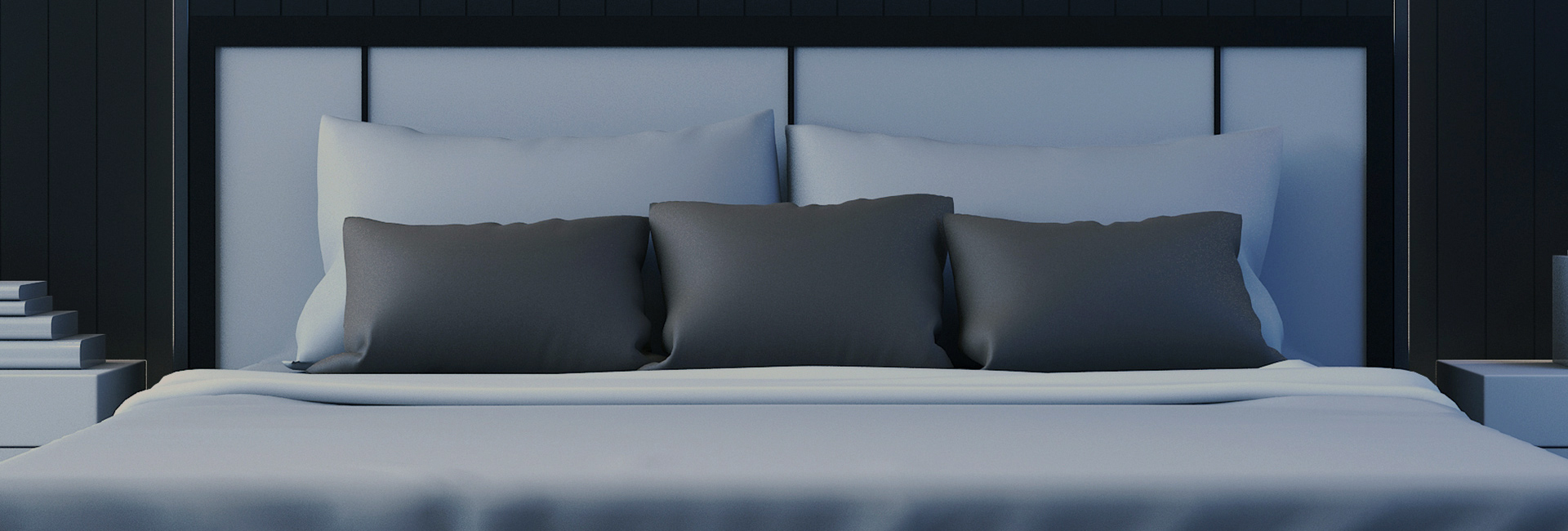31 Oct How Sleep Apnea Can Affect Your Skin
 Mirror reflection female wrinkled face 50s middle-aged Caucasian woman senior lady looking self lover skin care grandmother thinking pampering mirrored soft facial beauty cosmetology rejuvenation. High quality 4k footage[/caption]Did you know that your skin is the largest organ of your body? And just like any other organ, like your brain or your heart, it needs a good supply of oxygen.
Mirror reflection female wrinkled face 50s middle-aged Caucasian woman senior lady looking self lover skin care grandmother thinking pampering mirrored soft facial beauty cosmetology rejuvenation. High quality 4k footage[/caption]Did you know that your skin is the largest organ of your body? And just like any other organ, like your brain or your heart, it needs a good supply of oxygen.
People who suffer from poor quality sleep could be experiencing stopped breathing, which decreases the oxygen in the blood to all the organs. Research has shown poor sleep results in lower collagen production, which means more wrinkles. Other effects of sleep deprivation include uneven pigmentation (dark circles under the eyes) and reduced elasticity of skin.
Obstructive Sleep Apnea is the condition where the person has multiple periods of suffocation throughout the night. This not only lowers oxygen levels but stresses the body into producing more cortisol, a hormone which is meant to regulate the immune system. Too much cortisol has been linked to weight gain, high blood pressure and diabetes. It also breaks down collagen, which keeps your skin elastic and youthful.
So there is a lot of truth in the phrase “You need your beauty sleep”. Controlling your OSA with an oral sleep appliance can often help lower the cortisol and begin helping your skin as well.

